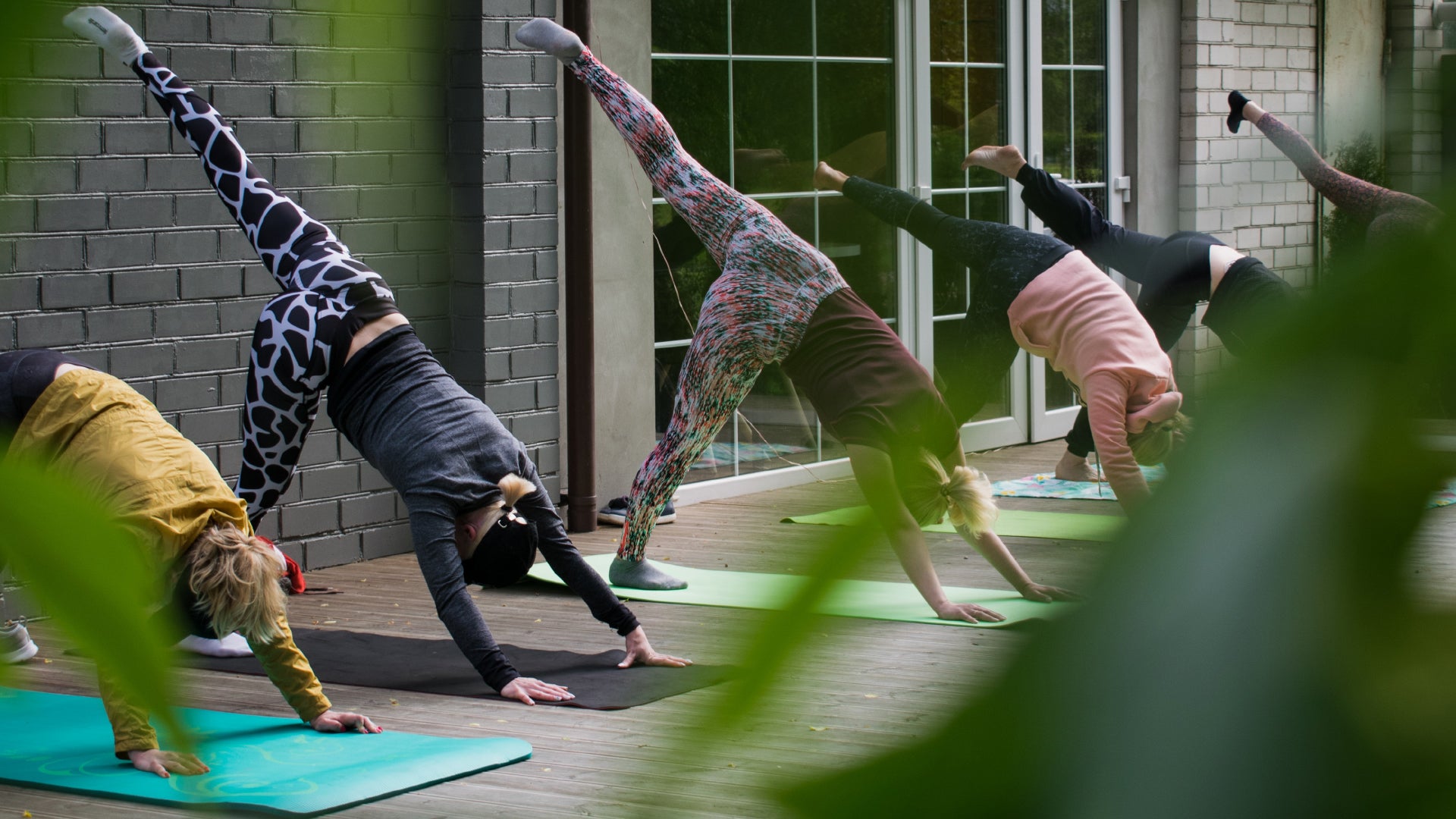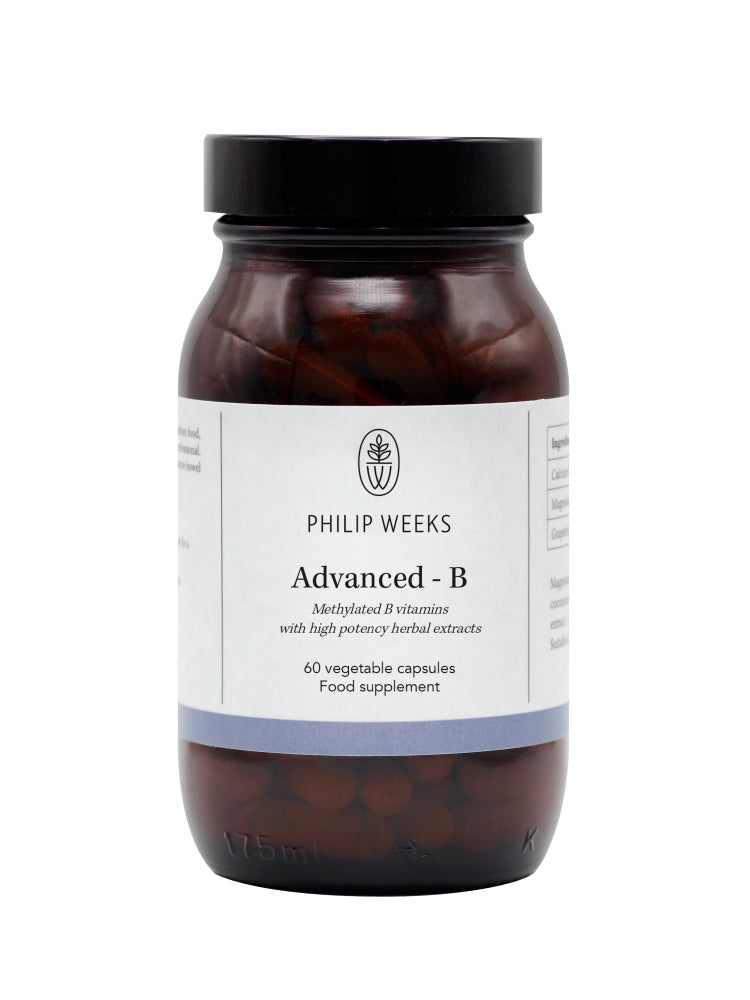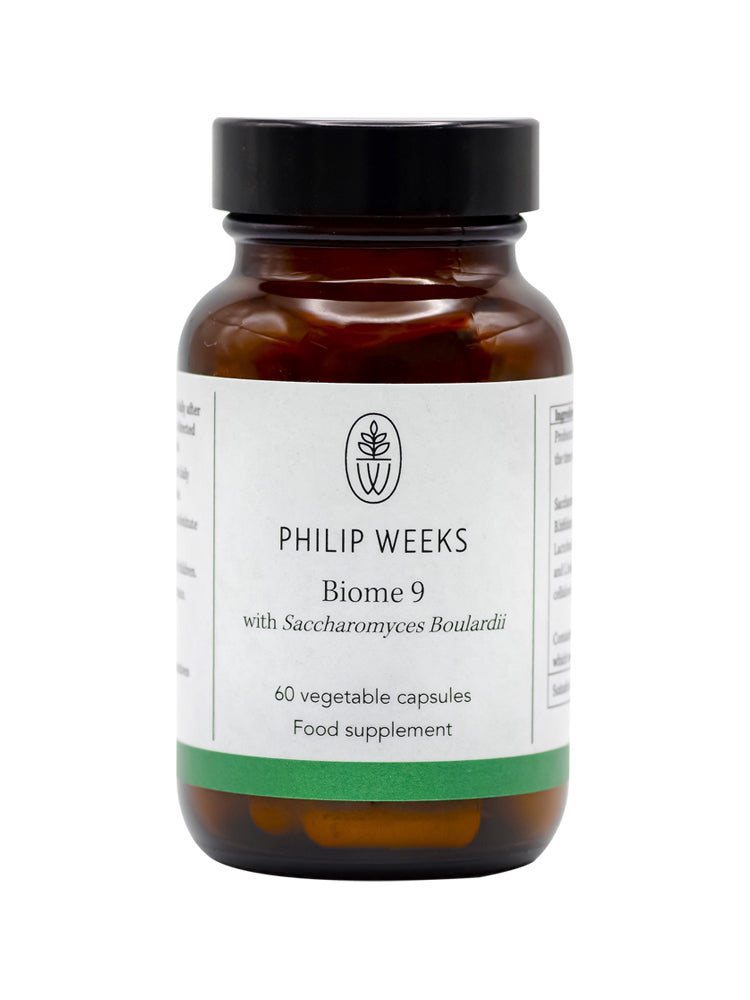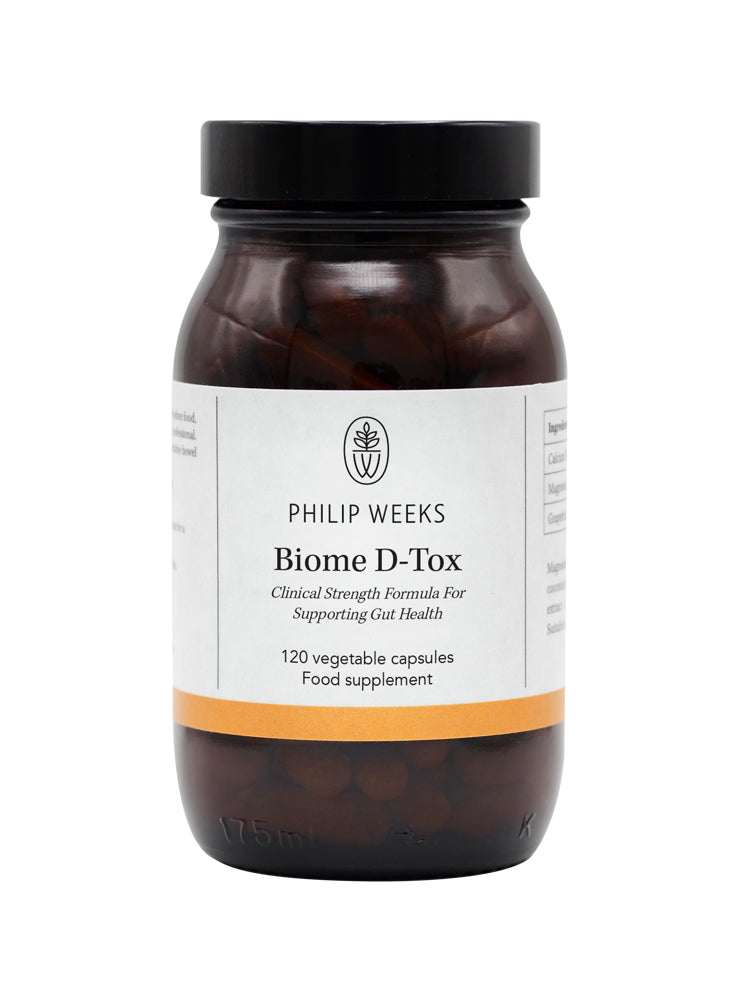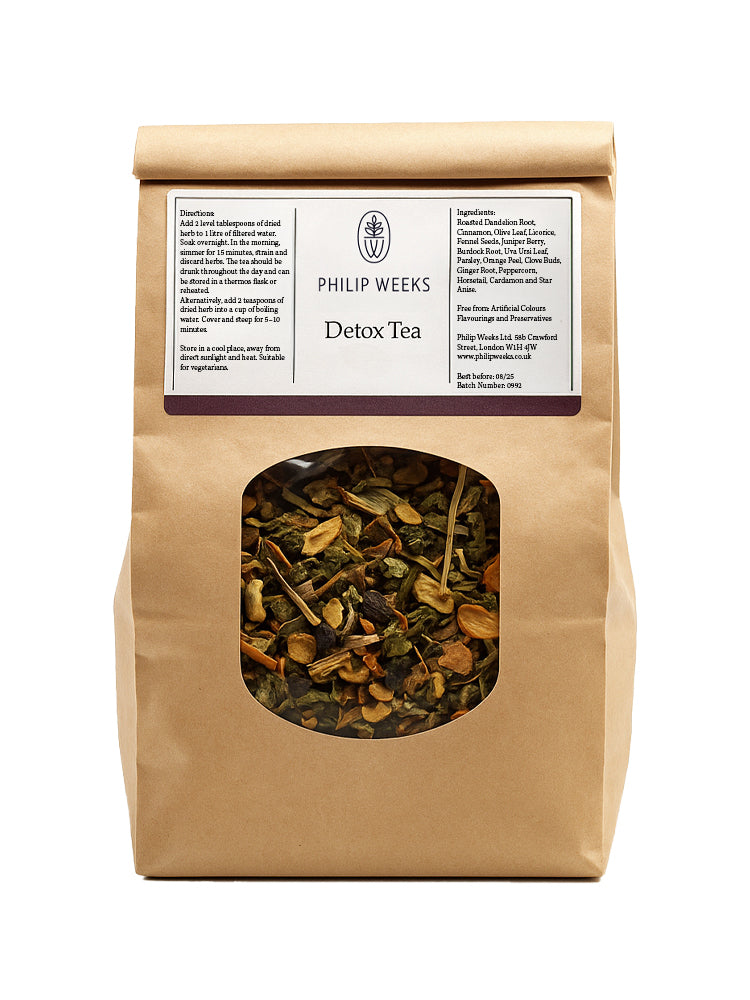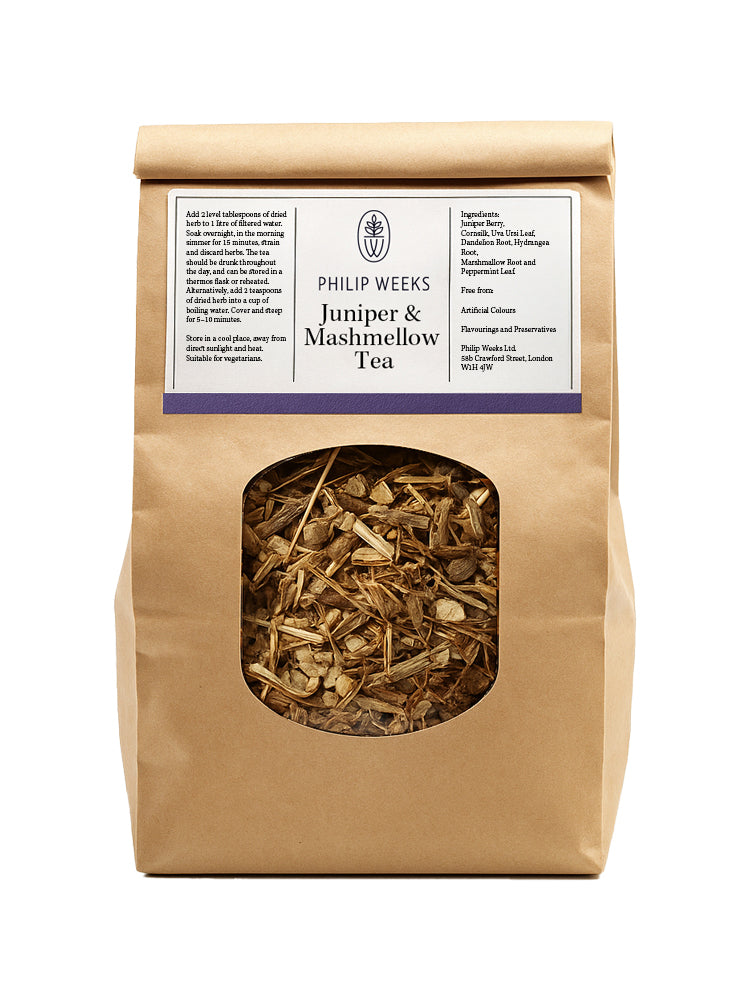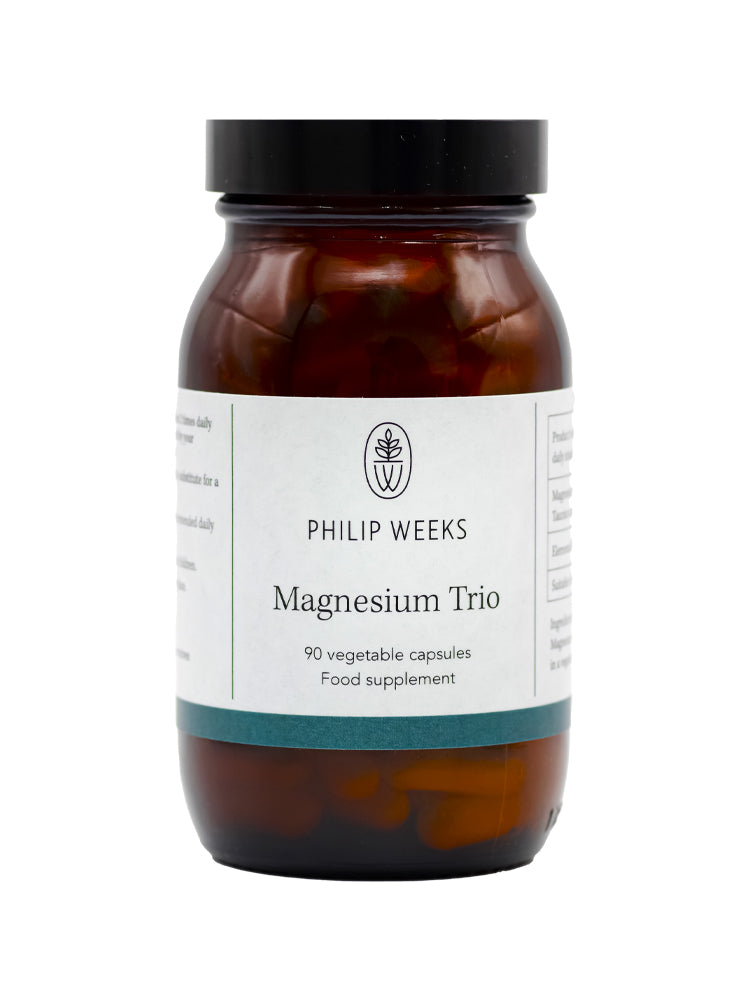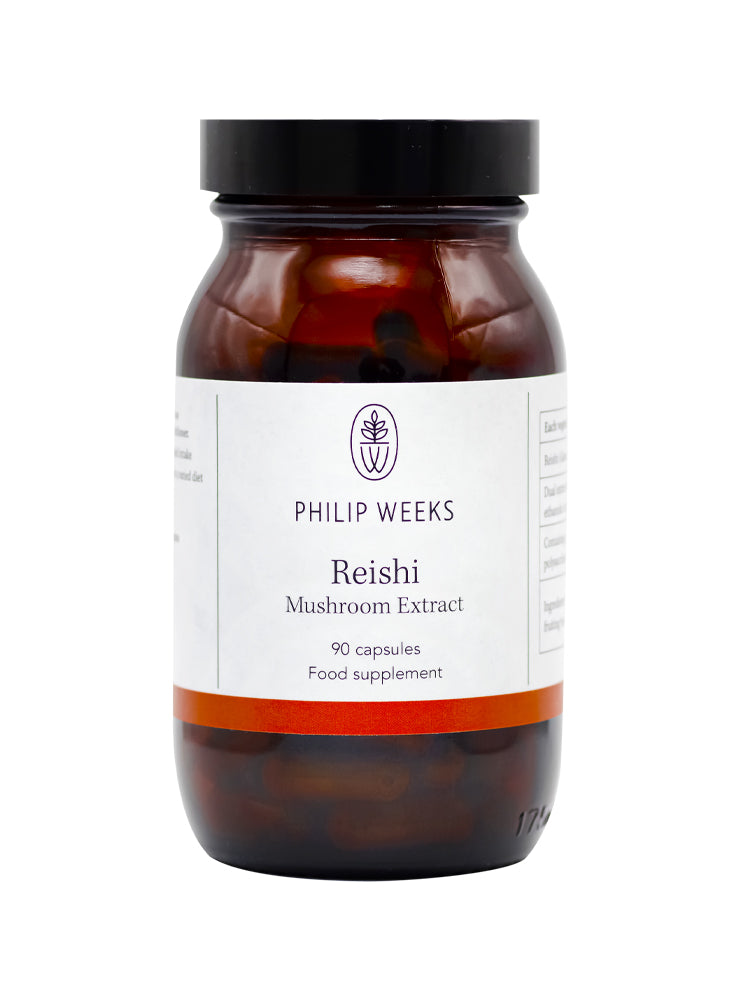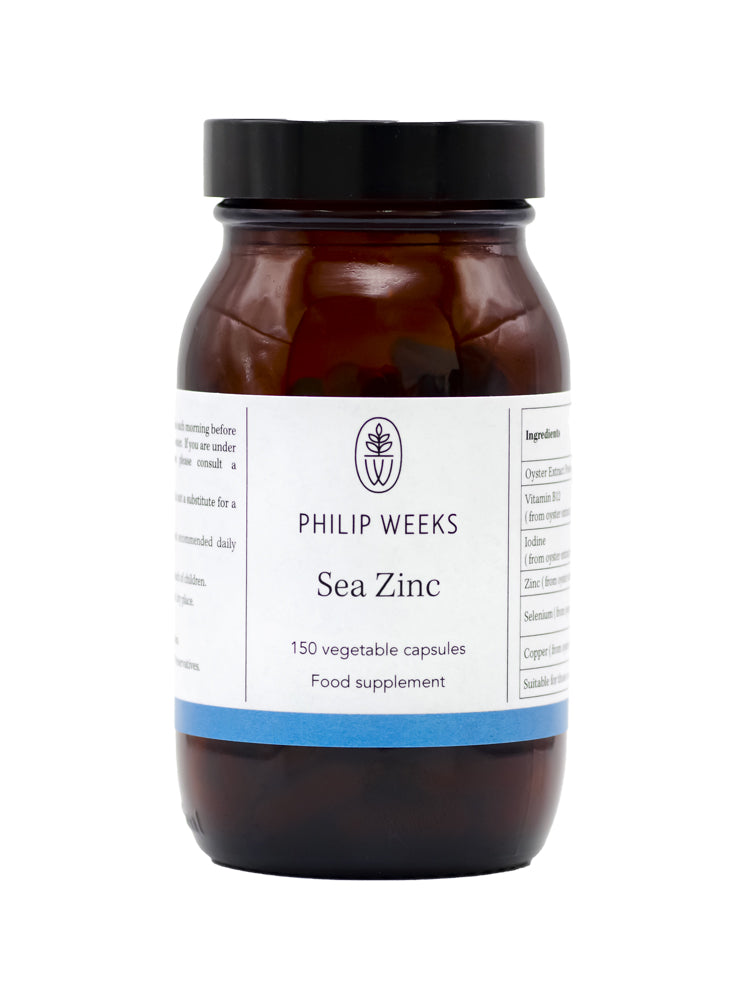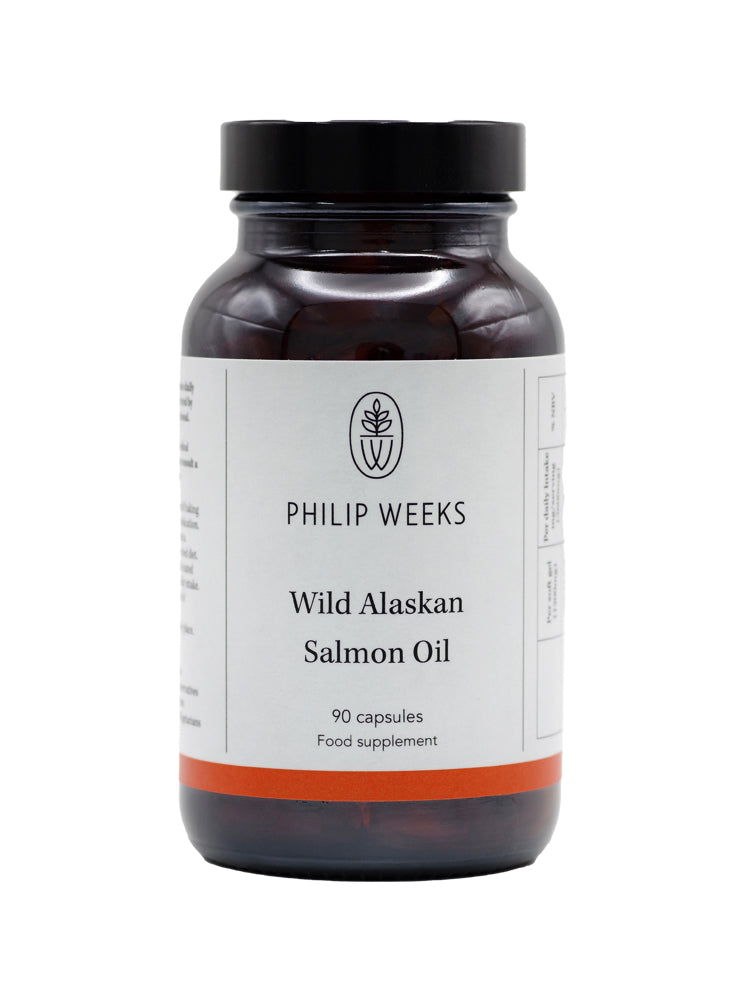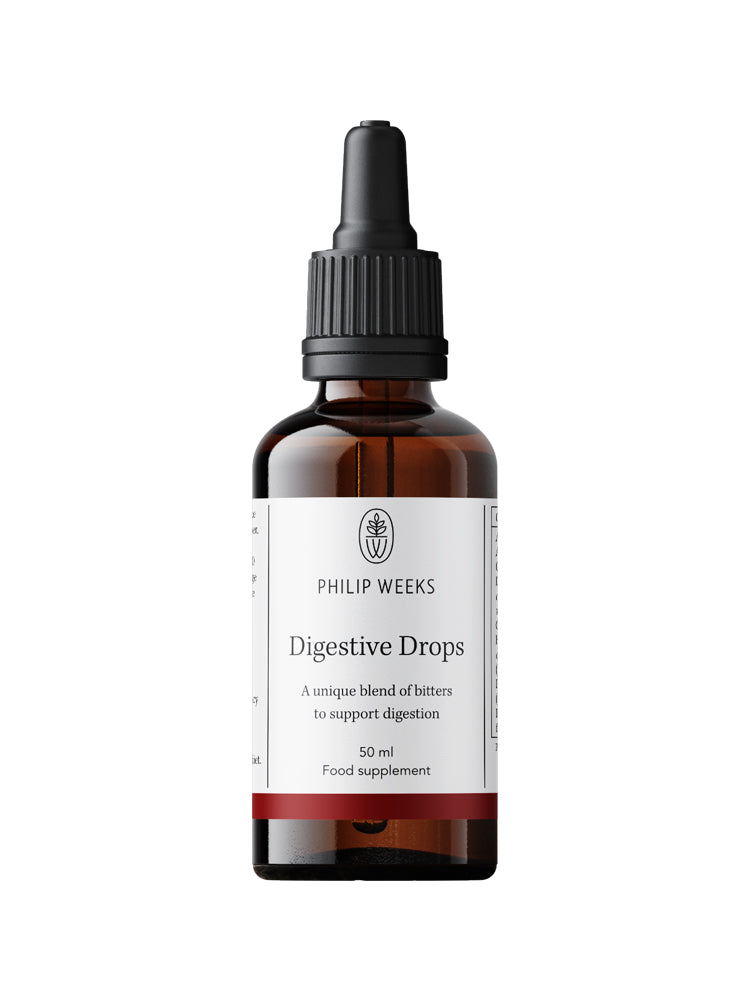High blood pressure, also known as hypertension, affects about one-third of adults in the UK, with readings above 130/80 being considered high.
Prolonged high blood pressure can pose significant risks to vital organs in the body particularly the heart, brain, kidneys and eyes.
This makes maintaining a healthy blood pressure crucial for long-term well-being. Often referred to as the 'silent killer' because of its lack of noticeable symptoms, high blood pressure can go undetected if not regularly monitored.
Long term high blood pressure is a significant risk factor for kidney decline. We know that blood pressure reduction can have a positive impact on dementia, so a healthy pressure is vital for long term brain health and for reducing the potential incidence of stroke. It is a big subject, but in essence:
‘For those of us interested in long healthy lives having a healthy
Measuring Blood Pressure
Proper measurement is key, and there are specific guidelines for obtaining accurate readings. For example, you have to sit still for 5 minutes with no moving or talking in order to get an accurate reading, Here is a link on how to measure it properly with an automatic device https://www.youtube.com/watch?v=GSNZVaW1Wg4. Anyone over 40 should routinely have their blood pressure taken.
Influencing blood pressure with lifestyle
While medical intervention can be essential, there are also lifestyle factors that can make a meaningful difference in naturally lowering blood pressure. Here are four main strategies to consider:
1. Blood Sugars Regulation: Elevated blood sugar levels can contribute to high blood pressure. When the body responds to sugar by producing insulin, it affects the production of Nitrous Oxide, a chemical that helps blood vessels relax. Insufficient Nitrous Oxide leads to constricted blood vessels and increased blood pressure.
2. Sleep: Regularly getting an adequate amount of sleep is crucial for maintaining healthy blood pressure. Lack of sleep can lead to higher overall blood pressure levels, and people sleeping six hours or less may be more prone to episodes of increased blood pressure. Sleep plays a role in hormone regulation, and disturbances in hormone levels can impact blood pressure and heart disease risk.
3. Exercise: It is well known that exercise has blood pressure regulating effects, particular walking, tai qi and swimming, in fact all exercise seems to have an overall lowering effect for those with high blood pressure. However, a recently published study in the British Journal of Sports Medicine involving exercise in 16,000 people have found that isometric exercises yielded by far the best results such as wall squats and particularly:

Holding the Plank position
This was shown to be more effective than even cardiovascular exercise for lowering high blood pressure.
How to do ‘the plank’:
- Starting Position: Lie face down with your feet shoulder-width apart. Position your elbows directly under your shoulders and rest your forearms on the ground.
- Get into Plank Position: Push up onto your toes and elbows, lifting your body off the ground until you're in a flat plank position. Ensure your hips are level with your body forming a straight line. Engage your core by pulling your belly button in and gently squeeze your glutes to support your lower back.
- Focus on Breathing: Take deep breaths in through your nose and exhale slowly through your mouth as you hold the plank. Listen to the sound of your breath and use it to maintain focus throughout the exercise.
- Starting Time: Aim to hold the plank for two sets of 30 seconds each. Take short breaks between sets if needed. As you gain confidence and strength, gradually increase the time by 10 seconds every week.
In the study holding the plank for 2 minutes 3 x weekly yielded results.
Here is a link to my colleague Sheila Adedeji, a Pilates teacher and how she does the plank and wall squats.
Watch how to do the plank here
4. Nutrients: Many nutrients play a role in blood pressure regulation, some of the main ones include:
- Potassium helps counteract the effects of sodium and relax blood vessel walls. It is found in foods like leafy greens, avocados, mushrooms, and nuts.
- Magnesium relaxes blood vessels and influences the nervous system. Many people are deficient in magnesium which is why I created Magnesium Trio.
- Omega-3 fatty acids, found in fatty fish and certain plant-based sources, play an important role in healthy blood pressure levels. We have the Wild Salmon Oil which also contains the antioxidant astaxanthin.
- A diet rich in fibre, especially from vegetables, contributes to overall heart health and associated with lower blood pressure.
- Adequate levels of vitamin D have been linked to healthy blood pressure support.
If you have a medical condition or taking medication always consult a practitioner before taking any supplementation. Blood pressure should be assessed and monitored by a medical professional. The information provided in this article is for informational purposes only and should not be considered medical advice.

